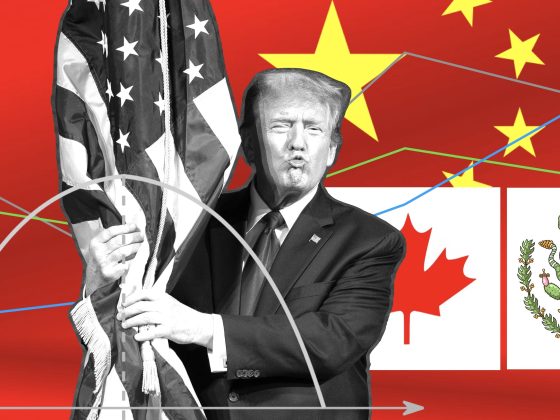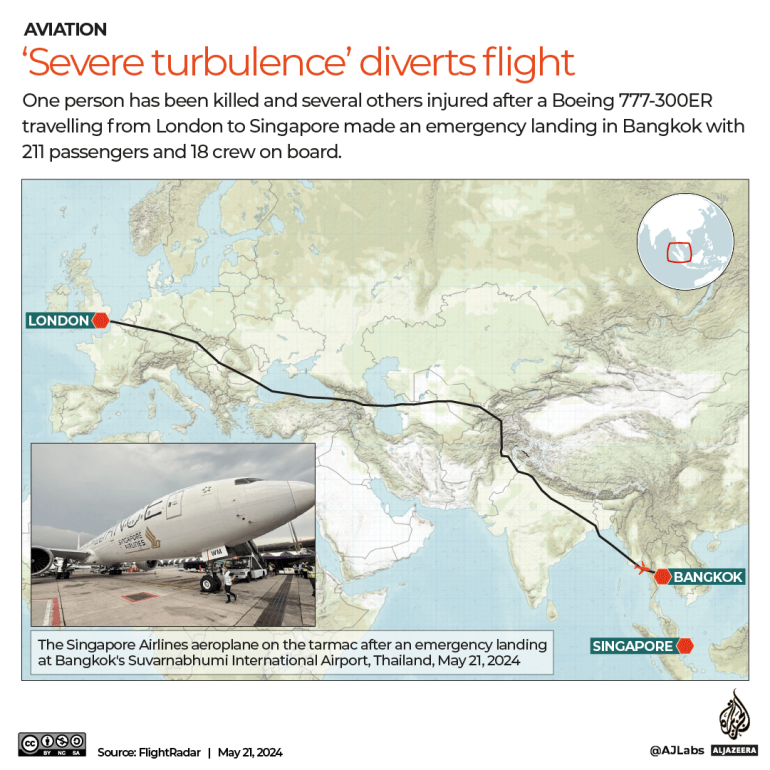In March 2020, when it became clear that my university campus was about to close due to the coronavirus pandemic, I hastily grabbed from my office shelves my well-thumbed copies of JG Farrell’s Empire Trilogy: Troubles (1970), The Siege of Krishnapur (1973), and The Singapore Grip (1978). This was no sentimental choice on my part. I believed that Farrell could help me deal with my queasy feelings that everyday life as I knew it was dissolving frighteningly into incertitude.
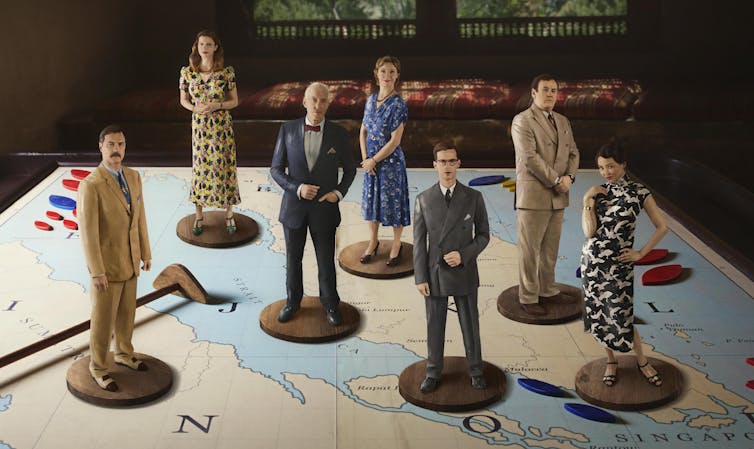
As a writer, Farrell was concerned with those suddenly tipped into uncertainty, no doubt because of his own life being irreversibly turned upside down due to the sudden advent of sickness. Aged 21, he had become seriously ill after playing rugby at Oxford University in December 1956 and was diagnosed with polio. A spell in an iron lung was followed by a long and painful recovery. Farrell’s upper body was permanently affected by the disease. He never recovered full mobility.
Almost overnight, a young, healthy and ambitious undergraduate had become physically fragile and equipped with a keen sense of how quickly and unexpectedly all we take for granted is lost. Cruelly, his illness would play a part in his untimely death by drowning in August 1979, aged 44. While fishing near his new home in Ireland’s Bantry Bay, he was swept into the rough sea. Unable to swim strongly, he was soon lost to the water.
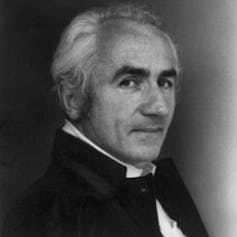
Farrell’s early novels had often dwelt gloomily on the frailty of life. His second novel, The Lung (1965), in particular, sought to explore the dispiriting emotional and existential upset of his sudden illness. Yet, along with A Man From Elsewhere (1963) and A Girl in The Head (1967), it drew little attention – today, all three remain out of print.
Making it as a writer
His fortunes changed with the publication of Troubles, where he deployed more purposefully his consciousness of life’s latent fragility when depicting British colonial societies falling apart.
This turn to matters of Empire was not fanciful. Born to an Irish mother in Liverpool, Farrell had lived a modestly affluent childhood between England and Ireland before going up to Oxford. He knew the privileged social circles that were home to British colonialist attitudes but took a postcolonial position regarding the unhappy treatment of colonial subjects, such as the Irish.
Troubles imagines the lives of the Anglo-Irish Ascendency as the Irish War of Independence (1919-21) develops. Its often comical depiction of the Ascendency’s decline pokes fun at their arrogance and short-sightedness.
But Farrell’s sensitivity to the bewilderment and anxiety felt by all undergoing history also brings to the novel a measured sense of compassion for those whose worlds were at last evaporating. Indeed, the Empire Trilogy would uniquely combine the compassionate and condemnatory, the sensitive and the satirical, in its indulgent if unforgiving presentation of the colonial establishment. The novel established his critical reputation: it received the 1971 Geoffrey Faber Memorial Prize, while in 2010 it was awarded the “Lost Booker Prize” after a public vote.
End of Empire
Farrell’s next novel, the Booker prize-winning The Siege of Krishnapur, depicted the ready collapse of British civility during the Indian Rebellion of 1857. Buoyed by its success, Farrell used part of his prize money to travel to south-east Asia to research his next – and, sadly, last – full-length novel, The Singapore Grip, which has just been adapted for television by Christopher Hampton.
Punctuated in turn by scenes of high comedy and historical solemnity, the novel portrays Singapore prior to its humiliating surrender to the Japanese in February 1942. At its heart is one of Farrell’s least likeable befuddled expatriates, the rubber magnate Walter Blackett, whose business empire exemplifies the unholy grip of capitalism and colonialism over the region’s impoverished workers.
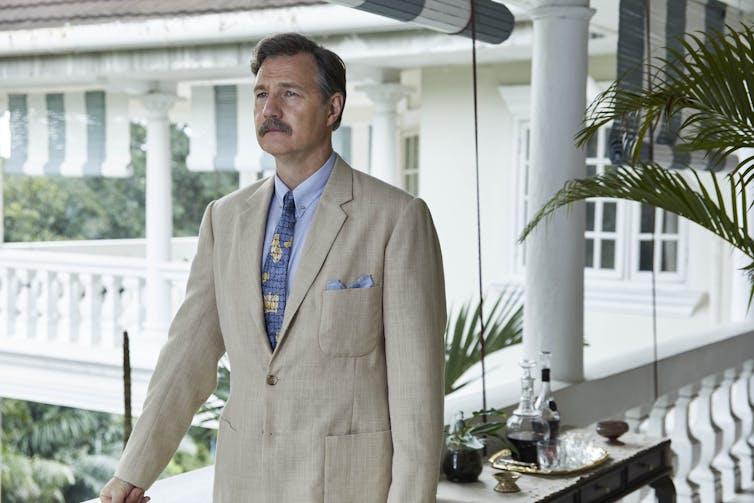
Keen to secure his firm’s future, Walter plots to marry his daughter Joan to Matthew Webb, the son of his geriatric business partner – a scheme all the more bizarre in an increasingly besieged and dangerous city.
An idealist at heart, Matthew’s progressive vision of a world where wealth and wisdom are equitably enjoyed soon becomes as battered as the bombed-out city. Events in Singapore appear instead to prove the “Second Law” often quoted by his American friend, James Ehrendorf:
In human affairs, things tend inevitably to go wrong. Things are slightly worse at any given moment than at any preceding moment.
Yet The Singapore Grip never loses faith in the capacity for survival and endurance. It mixes its unforgiving vision of colonialism’s absurdity and collapse with an unyielding and often warmly humorous embrace of human fellowship. And, while Matthew fails to flee in time, one important figure significantly escapes: an abandoned, diseased and distressed King Charles spaniel, sardonically named “The Human Condition” by one of Matthew’s friends, who is last seen bolting up the gangplank to safety on a soon-to-depart ship.

Highly amusing and deeply penetrating by turns, Farrell’s fiction often renders the human condition as precarious and insubstantial as the ailing dog in The Singapore Grip. But it crucially recognises that people are as complicated as the changing historical circumstances into which they are mercilessly thrust. Farrell’s firm condemnation of Empire never stopped him trying to understand humanely those undergoing its decline.
In reaching for Farrell when lockdown commenced, I had hoped to deal less fearfully with the experience of sudden change. But he soon reminded me, too, of the humane resources we also need at life-changing moments: steadfast hope, a saving sense of humour, and – for those lucky to escape or recover from illness – the wisdom of survival.![]()
John McLeod, Professor of Postcolonial and Diaspora Literatures, University of Leeds
This article is republished from The Conversation under a Creative Commons license. Read the original article.



